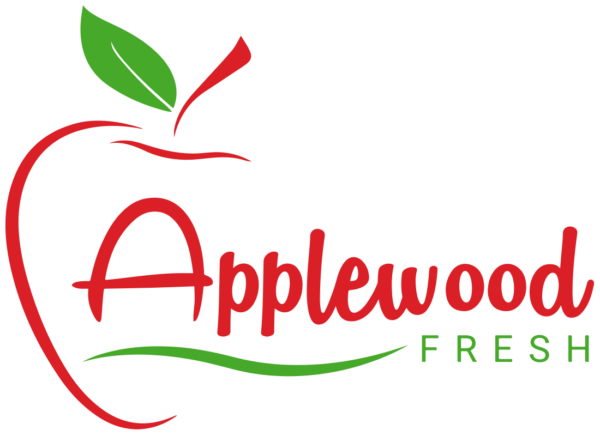Frequently Asked Questions
Why do you put stickers on apples?
All produce needs to be labeled. When you buy apples in tray-pack or bulk, the only labeling possible is a sticker on the fruit.
How do I get the stickers on apples off?
A clever solution—tape a piece of Scotch Tape over the apple sticker and then peel it off. It removes the sticker quickly and cleanly.
Why do you put wax on apples?
If you walked out into an orchard, picked an apple from the tree and rubbed that apple on your shirt, you would notice that it shined—you´ve just polished the natural wax that an apple produces to protect its high-water content. Without wax, fruits and vegetables like apples would lose their vital crispness and moisture through normal respiration and transpiration—eventually leaving them soft and dry (yuck!).
After harvest, apples are washed and brushed to remove leaves and field dirt before they are packed in cartons for shipping to your local market. This cleaning process removes the fruit´s natural wax coating, so to protect the fruit, many apple packers will reapply a commercial-grade wax.
One pound of wax may cover as many as 160,000 pieces of fruit; perhaps two drops is the most wax covering each apple. Waxes have been used on fruits and vegetables since the 1920s. They are all made from natural ingredients and are certified by the US Food and Drug Administration to be safe to eat.
How can I tell where the apples I buy in the store are grown?
All produce is required by the US Department of Agriculture (USDA) to be marked with information about where it was grown. It could be printed on a sticker on the fruit, or on the bag the apples come in. Look closely at the label and you’ll find it!
What are the best ways to handle and store apples?
Apples bruise easily, so handle with care! Apples that are refrigerated can last longer than apples left out. So, place your apples in the fridge and enjoy the crisp, fresh flavor even longer!
Can deer apples be used for applesauce and cider?
Leave deer apples (also known as drop or windfall apples) for the deer! These apples have a higher bacteria count and most likely have a lot of damage and bruising to them.
Are Michigan apples organic?
There are a few Michigan apple growers who grow organically. Michigan has a moist climate that is attractive to pests and diseases that can be difficult to combat. If the apples are organic they will be labeled as organic either on a sticker, bag or other packaging. The website SafeFruitsAndVeggies.com has a “Pesticide Calculator” and other information about traditionally-grown produce, for your information.
Do you grow organic Michigan apples?
No, our Applewood Fresh Michigan Apples are not grown organically. Michigan has a moist climate that is attractive to pests and diseases that can be difficult to combat.
Are Michigan apples genetically modified (GMO)?
No. There are no GMO apples grown in Michigan.
How are Michigan apples available nearly year-round?
Controlled-atmosphere storage is a non-chemical process that slows down the ripening process in order to keep Michigan apples crisp and fresh. Oxygen levels, which are at 21 percent in the air we breathe, are reduced to one or two percent in the controlled atmosphere (C.A.) storage rooms. Temperatures are kept at a constant 32 to 36 degrees Fahrenheit, but exact conditions in the rooms are set according to the fruit variety. Researchers develop specific instructions for each variety to achieve the best quality and computers also help keep conditions constant.

